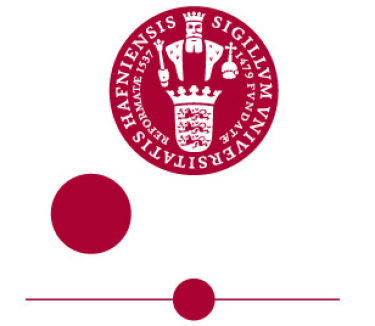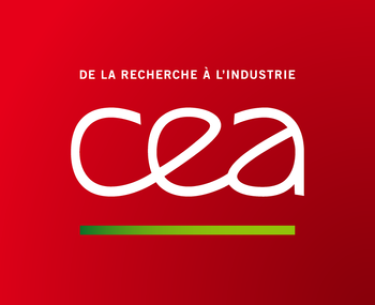Chalmers University of Technology |
|
The Chalmers University of Technology (Chalmers Tekniska Högskola), founded in 1829, performs research and education in several fields, including science and technology, with a sustainable future as its global vision. The university consists of thirteen departments and altogether hosts 10300 full-time students and 3100 employees. Chalmers is in the forefront of fundamental and applied research, and is the coordinator of the Graphene Flagship, the large-scale FET-Flagship effort of the European Commission dedicated to research the world’s first two-dimensional material following and a scientific and technological roadmap.
Delft University of Technology |
 |
The Delft University of Technology is the oldest, largest and most comprehensive university of technology in the Netherlands. With over 20,000 students and 2,700 scientists (including 400 full professors), it is an establishment of national importance and of significant international standing. The University collaborates on a structural basis with other international education and research institutes and has partnerships with governments, branch organizations, numerous consultancies, industry partners and companies from the small and medium business sectors.
Budapest University of Technology and Economics |
 |
The Budapest University of Technology, is the most significant university of technology in Hungary. Hosting eight faculties and more than a hundred departments and institutes, it offers comprehensive training of scientists and engineers at the university level since its foundation in 1782. The university is a key experiment node of the National Quantum Technology Program (HunQuTech) in the realization of solid-state qubit systems.
University of Copenhagen |
 |
The University of Copenhagen, Denmark, is a main university in Northern Europe with more than 40,000 students (including 4,000 international students) and more than 11,000 scientific, technical, and administrative staff (including over 2,500 PhD students). It is a highly ranked academic institution, no. 1 in the European Union outside the UK, according to the Academic Ranking of World Universities 2017 (Shanghai ranking). The university’s department of physics, the historical Niels Bohr Institute, unifies physical sciences that span from condensed matter physics, atomic physics, theoretical high-energy physics, to astronomy, geophysics and biophysics.
Italian National Research Council (CNR) |
 |
The Italian National Research Council (CNR) is a public organization distributed all over the country through a network of institutes. Its mission is to carry out, promote, spread, transfer and improve research activities into sectors such as biotechnology, medicine, materials, environment, information and communications, advanced systems of production, judicial and socio-economic sciences, classical studies and arts.
Autonomous University of Madrid |
 |
The Autonomous University of Madrid is one of the top education and research institutions in Spain. It was founded in 1968 and currently has around 34000 enrolled students, including more than 10000 at the graduate level. It employs around 4000 staff members with a budget of around 270 million euros in 2017. The UAM campus also hosts the so-called “Parque Científico de Madrid” with more than 100 companies and institutions associated with scientific research and development. The UAM campus is particularly strong in the area of nanosciences with more than 60% of the researchers within this field in Spain working in this campus.
French Alternative Energies and Atomic Energy Commission (CEA) |
 |
The “Commissariat à l'Energie Atomique et aux Energies Alternatives” (CEA) is the French agency for atomic and alternative energies, a governmental research institution, created in 1945, with about 16000 employees. It deals with research related to energy, defense and security, information technologies and health technologies. The CEA maintains a cross-disciplinary culture of engineers and researchers, building on the synergies between fundamental and technological research.
University of Basel |
 |
The University of Basel, founded in 1460 as the first University of Switzerland, is a leading institution research and education broadly covering the full academic spectrum. The University is consistently ranked in the top 100 in the prevalent University rankings and has declared Nano-/Quantum physics as one of only five focus directions of research across the whole campus. The Department of Physics is hosting the Swiss Nanoscience Institute (SNI), is co-leading the national research program on Quantum Science and Technology (QSIT) together with ETHZ, and home to the Basel Center for Quantum Computing and Quantum Coherence (Basel QC2).
